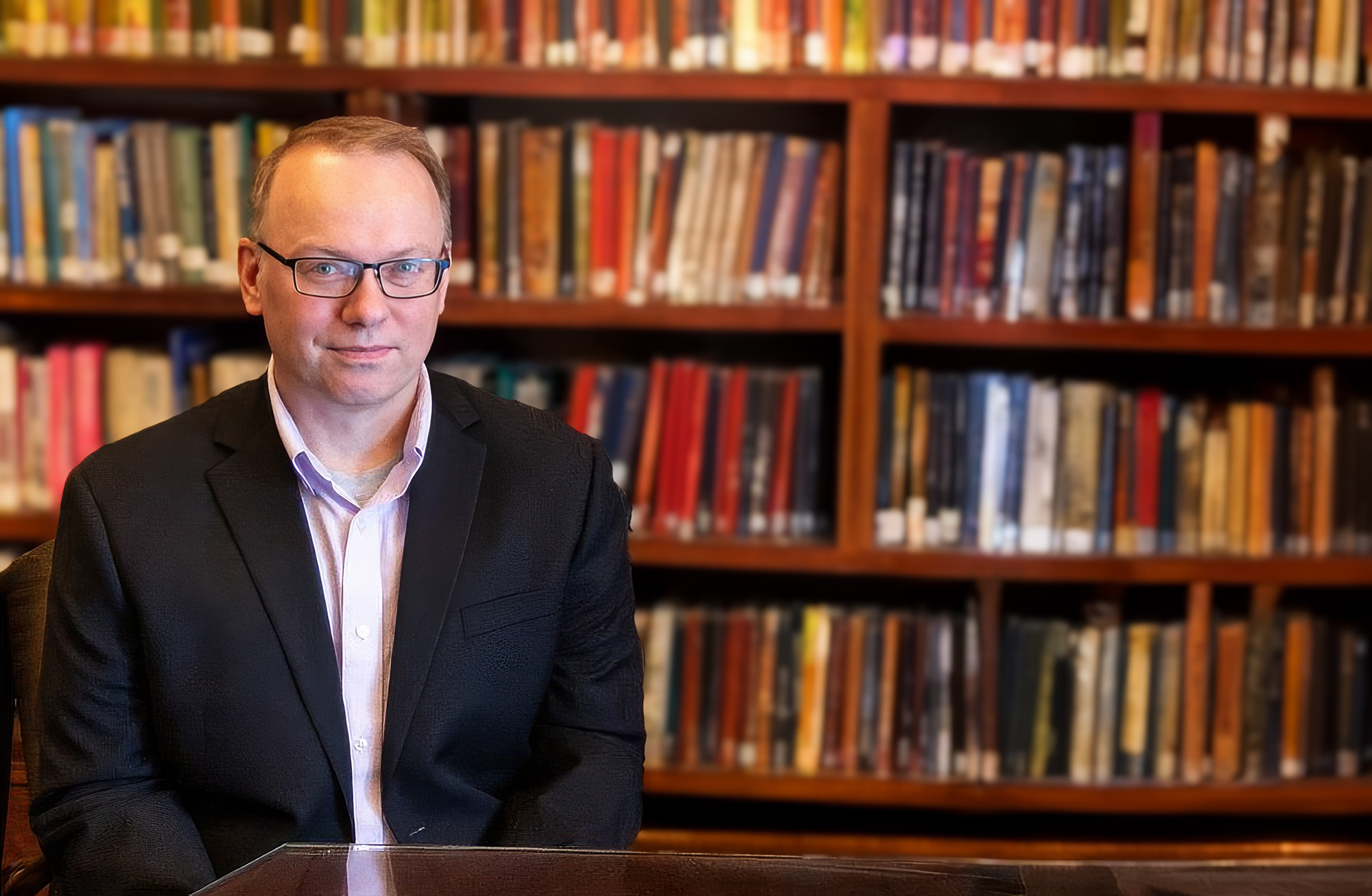
Higher education is central to modern democracy and the common good. It has the potential to change individual lives and help solve society’s problems. It also faces many challenges, both internal and external.
Professor of Higher Education
Higher education is central to modern democracy and the common good. It has the potential to change individual lives and help solve society’s problems. It also faces many challenges, both internal and external. For me, exploring those challenges, trying to understand their deep historical roots, and considering the ways that those who work in and support higher education can address them is intellectually fascinating and fundamentally valuable. I love digging into the small details of situations and events 50 or 100 years ago and trying to figure out what happened and why, then backing up and thinking about what it means for higher education today.
I study topics including faculty and student speech, campus activism, and unionization in higher education. These issues that are routinely in the news but, more importantly, affect how higher education is experienced and its ability to do the work that it is tasked with doing.
When I first went to graduate school, I did so to pursue a career in student affairs helping students navigate the challenges and developmental processes that they would face in college and beyond. But, right away, I recognized that while I wanted to work with students, I wanted to do so on the more explicitly academic side. Being in teaching and learning spaces, helping students wrestle with ideas, and encouraging them as they come to their own understandings of complex issues is fun, energizing, and important.
I approach my teaching based on constructive developmental principles where the goal is to meet students where they are and provide them with the challenges and supports that will help them think, reason, and know in more complex ways. I also draw on my work with the National Institute for Learning Outcomes Assessment to be intentional in identifying learning outcomes for specific courses, designing activities that help students meet those outcomes, and using assessments that allow students to demonstrate their learning.
I want the students whom I teach and work with to come away with an appreciation for the literature in the field, knowledge of the enduring issues facing higher education, and their own understandings of important issues and ways to address them. In Lives on the Boundary, Mike Rose wrote that being educated is about “entering the conversation.” That has always stuck with me. I want the students that I work with to build the knowledge and skills needed to enter the important conversations in the field of higher education.
Learn more about Timothy R. Cain
